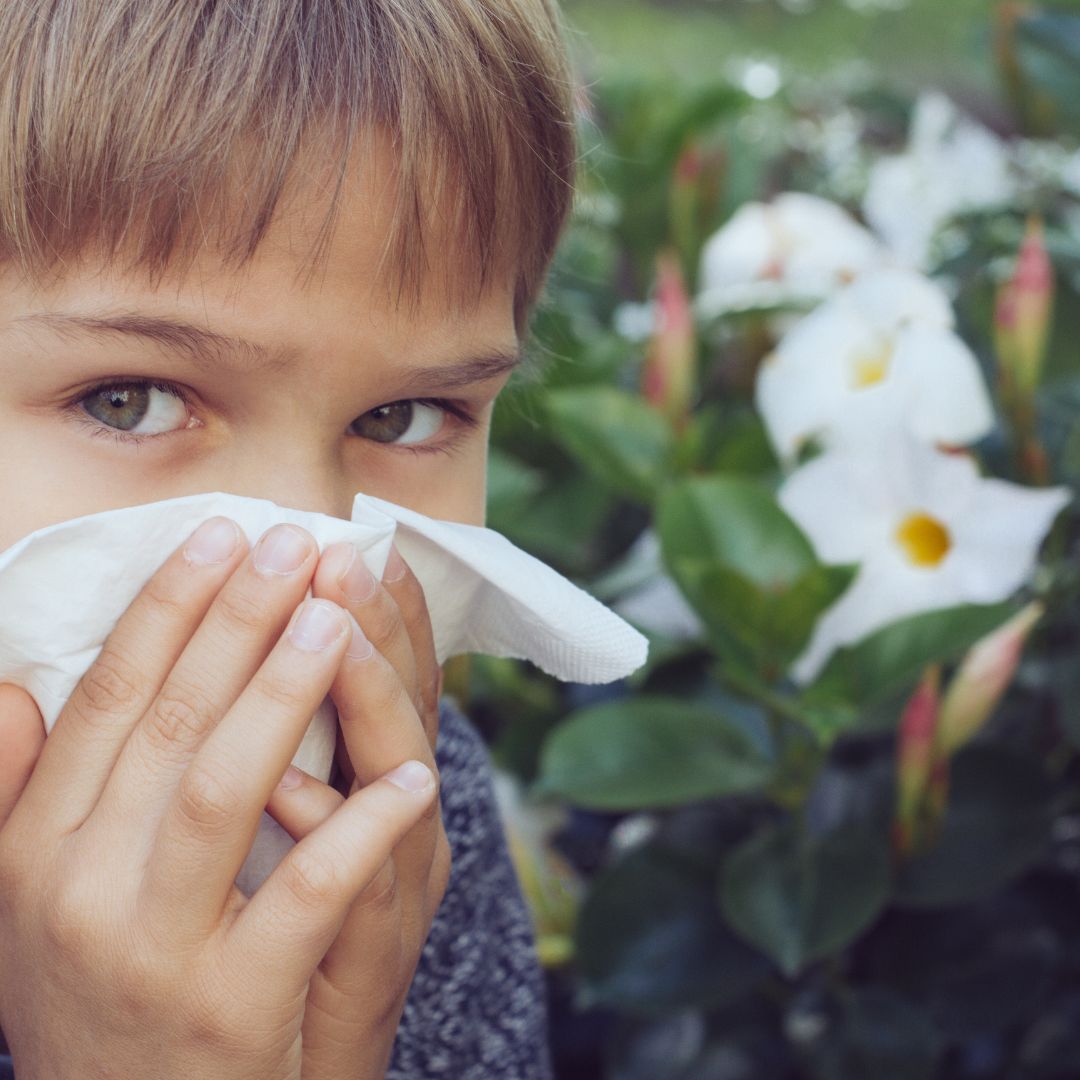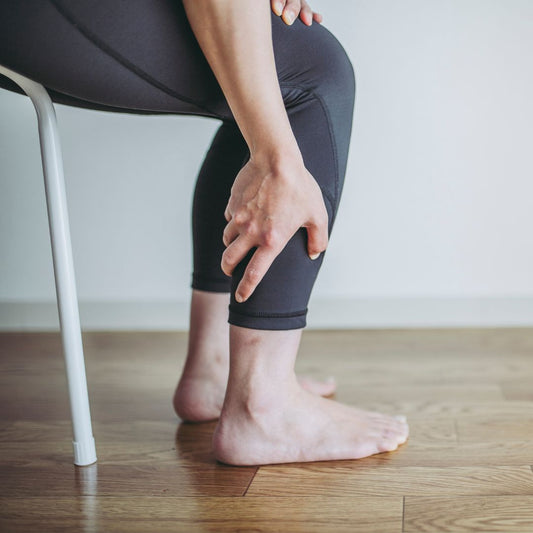As a parent, the last things you want to see is your child dealing with are the sniffles and sneezing. And because your little ones can only communicate to an extent you might be on the fence if your child’s symptoms are that of a cold or an allergic reaction. While cold symptoms can mimic a reaction to an allergen, there is a difference, and various ways to treat it. In fact, it’s estimated that 7.1 million kids in the United States deal with environmental allergies. So, how can you help your child?
Allergies in Children
Allergies are a result of the body overreacting to harmless foreign substances (allergens) in the body such as dust, plant pollen, chemicals, molds, animal hair, etc. The reaction is typically mild but can also be more life-threatening depending on the substance. Children do tend to develop allergies if parents deal with seasonal allergies, but that’s not always the case.
Symptoms can appear in the form of sneezing, runny or stuffy nose, nasal/eye/nose/mouth itchiness, hives, shortness of breath, and coughing. The symptoms do mimic that of a cold; however, a cold can generally be ruled out if symptoms tend to have itchiness and without aches, pains, or fever.
Tips To Help Your Child
First, make sure that your child is dealing with allergies, rather than a separate common ailment in children such as asthma or eczema. Once it’s been determined that it’s allergies with your child’s pediatrician, make sure you’re proactive to limit exposure to allergens.
This can be done by following the below tips.
- When the pollen count is high in your area, try to remain indoors.
- Keep windows shut to prevent allergens from entering your home.
- Wash clothing after being outside.
- Be mindful of the detergent you’re using on your child’s clothing.
- Keep your child’s bedding in allergen proof mattress coverings.
- Be proactive keeping dust out of your home, especially your child’s room.
- Make sure your child drinks plenty of water. The more you consume, the better off your nasal passage might be as your body takes the extra hydration to thin the mucus in your nose.
- At school make sure your child sits farther away from the blackboard (if used) to avoid irritation from chalk dust.
- Be sure to communicate with your child’s teacher if they’re allergic to animals, food or deal with asthma.
- Make sure they get a good night’s rest and take a bath before bedtime to prevent nighttime allergy problems. If you notice your child has more frequent night waking from their allergy symptoms, try our Sleep Well For Kids.
Our Natural Approach to Children's Allergies
If your child’s symptoms are still unbearable, think about trying a natural form of medicine to combat symptoms. Our Allergy For Kids help quickly relieve children’s allergy symptoms of hay fever, seasonal allergies, and pet allergies.
This non-drowsy children’s allergy formula goes to work quickly to relieve symptoms of runny nose, sneezing, itchy watery eyes, itchy nose, and throat. Not to mention, it has great organic orange flavor and is easy to use. You can administer drops under their tongue or put it in their water or orange juice.




